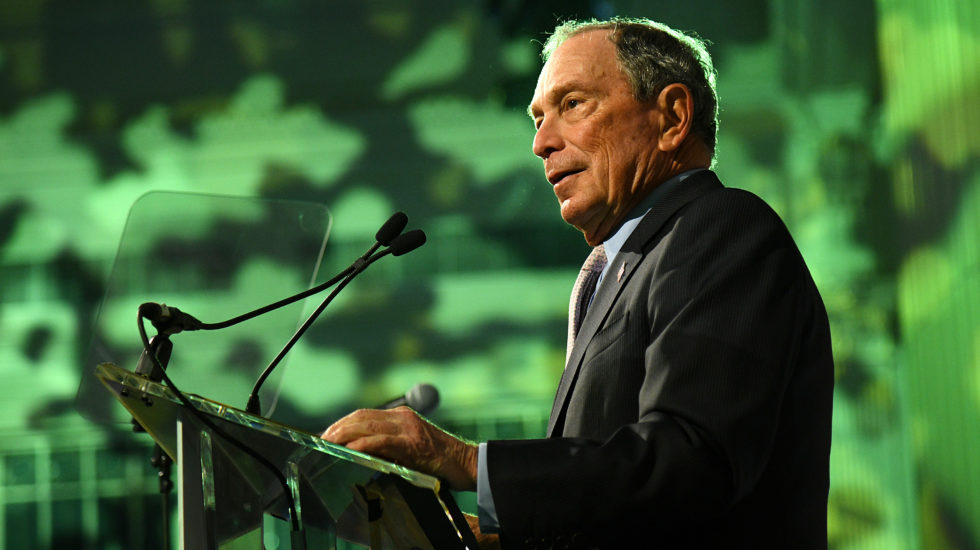Pollsters are all over the map when it comes to the Democratic presidential candidates. But one thing about the race is vividly clear: money counts.
And that’s especially true of billionaire Mike Bloomberg’s prodigious spending on advertising.
As of Monday, with the year less than three weeks old, Bloomberg had laid out more than $235 million for ads in 2020.
Only fellow billionaire Democrat Tom Steyer is in the same eye-popping ballpark, having spent nearly $150 million in that time period.
By comparison, the Trump campaign’s ad spending was just over $41 million.
But the impact of Bloomberg’s spending is broader and deeper than his own campaign.
As Politico put it this week: “Michael Bloomberg’s big-spending, shock-and-awe TV ad campaign has made politicking more expensive for everyone from his 2020 rivals to Senate, House and state legislative candidates around the country.”
Why? The supply-and-demand rules of capitalism.
Politico interviewed California-based media buyer Eric Jaye, whose most recent job was for the successful re-election campaign of Houston’s mayor, which “overlapped with Bloomberg’s massive November ad buy” and whose spending in Houston alone drove up ad prices there by 45%.
“You know, prices start to go up as demand for that inventory goes up,” Jaye said. “Mike Bloomberg could come along and write a big check and take up the [advertising] inventory that campaigns favor.”
Bloomberg’s free-spending ways are driven by politics as much as the fact that he has billions to spend: his very late entry into the race meant he had to make up ground against his Democratic rivals with advertising to supplement traditional meet-the-voters campaigning.
And some polls suggest it’s having a dramatic effect on his chances of gaining the nomination.
A new nationwide survey by Monmouth University in New Jersey, released Wednesday, shows Bloomberg now up to fourth place in the Democratic field, with 9% — up 4 points since December. Bloomberg trails Joe Biden (30%), and Sens. Bernie Sanders (23%) and Elizabeth Warren (14%).
In contrast, however, a CNN poll, also out Wednesday, puts Bloomberg in fifth place with just 5% support from those surveyed. That poll shows Sanders and Biden in a virtual tie at the top of the field; Sanders has a slight lead, 27% to 24%, but it’s within the survey’s margin of error. Warren is third at 14%, Pete Buttigieg fourth with 11%.
“Looking ahead to the general election,” CNN says, “the poll finds Biden, Bloomberg, Sanders and Warren each holding significant leads over Donald Trump, with the support of 50% or more of registered voters nationwide.”
As FiveThirtyEight’s Nate Silver noted in a recent analysis, the polling data “doesn’t tell a terribly consistent story.”
For what it’s worth, Silver’s evaluation of several polls, merging their results, shows Biden with a substantial lead over his rival Democrats, with Sanders in second place.
